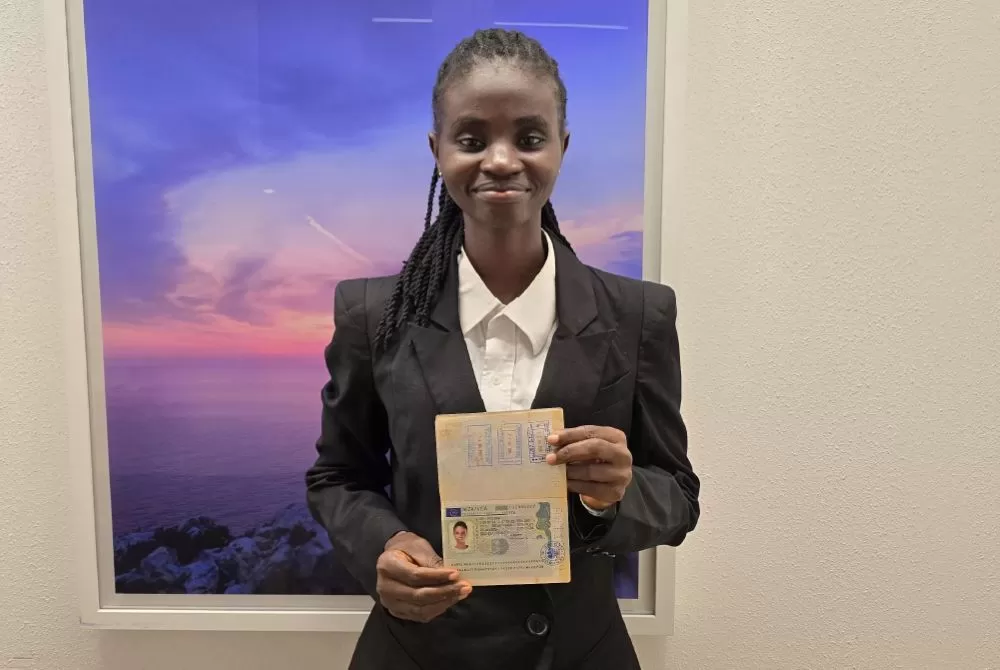
US Denies Visa-Free Travel for Romania in 2025: What You Need to Know
Trump Administration Halts Romania’s Entry Into US Visa Waiver Programme
Romania’s anticipated entry into the US Visa Waiver Programme (VWP) has been put on hold following a policy reversal under the Trump administration, which is tightening entry requirements for all VWP-eligible countries.
DHS Blocks Romania’s Inclusion Citing Border Security
The U.S. Department of Homeland Security (DHS) announced that the decision to delay Romania’s inclusion in the VWP was made to enhance border security and review eligibility criteria more stringently. While Romania had met the required conditions—including reducing its visa refusal rate to below 3% in 2024—the current administration has decided to pause its designation.
Previously, under the Biden administration, Romania had received the green light to join the program, with visa-free travel expected to begin in January 2025. This marked a significant diplomatic milestone, as Romanian nationals were set to travel to the US without needing a visa.
Policy Reversal Sparks Uncertainty
However, the Trump administration’s return to office led to a rollback of the earlier decision. Romanian Prime Minister Marcel Ciolacu downplayed the move, calling it a “technical issue,” though the implications point to broader immigration policy shifts.
Stricter Travel Measures and Color-Coded Lists
The U.S. has recently introduced stricter travel rules for certain nationalities and is reportedly working on a color-coded risk list, which could prohibit travel for countries placed in the red category. While Romania has not been officially placed on such a list, the changing criteria signal increased scrutiny.
As part of this policy tightening, U.S. embassies in 17 EU countries have issued advisories warning travelers that failure to comply with U.S. travel rules could result in deportation.
Future of Romania’s VWP Status Remains Uncertain
Though Romania may still be eligible for future inclusion in the Visa Waiver Programme, the timeline and requirements remain uncertain under the current administration. Experts, including McLaughlin, suggest that the path forward depends heavily on evolving U.S. immigration priorities and bilateral negotiations.












